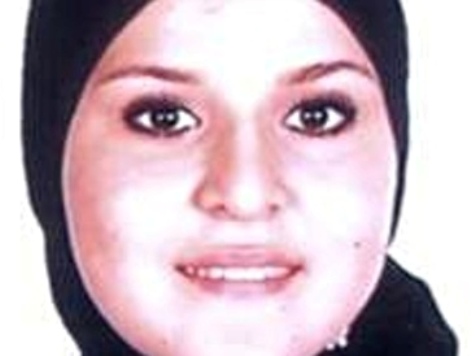The Spanish National Police have detained two young girls in the Spanish North African exclave of Melilla – one of whom is thought to be about 14 – while they were preparing to travel to Morocco to meet with a network of recruiters from Al Qaeda, according to the Spanish daily El País.
The pair would have been later taken to Iraq or to Syria to join the jihad.
The 14-year-old is from Spain’s second exclave in North Africa, Ceuta, while the other girl is over 18. Both have now been taken to Spain, where they will be arraigned at the High Court in Madrid.
According to a police officer, this marks “the first time that the police have detained women in Spain who were planning on joining the jihad.” He added that the “most important aspect of these arrests is that they [the detained girls] have avoided being led to an almost certain death.”
In recent months, the National Police and the Civil Guard have broken up three different cells that were dedicated to finding recruits for jihad – two in Melilla and a third in Ceuta, according to El País. At least seven youngsters from Ceuta have died so far in Syria, fighting alongside Islamist groups.
Melilla and Ceuta are the only territories of a member state of the European Union in North Africa, and are frequent targets of migrants from sub-Saharan Africa.
On several occasions, hundreds of immigrants have tried to storm the fences which divide Moroccan from Spanish jurisdiction.
In June the EU announced that Spain will receive €10m (£7.9m) from the EU’s emergency fund to fight illegal immigration.
Part of the funds will be used to strengthen border fences, fund voluntary return programmes for migrants who manage to enter the two territories illegally and make improvements to government-run migrant reception centres.
A reception centre in Melilla built to house 480 immigrants now houses over 2,000 people.

COMMENTS
Please let us know if you're having issues with commenting.